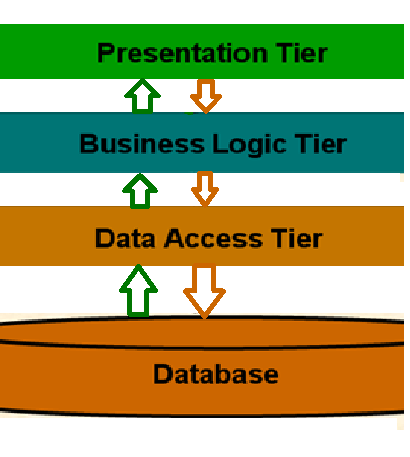Basic Education Marketing Specialist Job Interview Questions
Basic Education Marketing Specialist Job Interview Questions: Ques: Explain me what are the challenges of working in communications? Ques: What strategies would you suggest to increase our market share? Ques: Explain me about a time your communication skills improved a situation? Ques: Explain what do you read, and how do you consume information? Ques: Explain how you would carry out keyword research? Which keyword research tools would you use? Ques: What digital channels would you choose to promote a new product we're launching? Ques: Describe a time you were faced with stress that tested your coping skills. Ques: Why and how would someone share your content or talk about your company? Ques: Do you know what is a communications specialist? Ques: What is the typical salary of a communications specialist? Ques: How important is it for you to have a career in marketing or business? Ques: Where do you see yourself in five years as Education Marketing Specialist? Q...



Wow! Nice post. After reading this blog, I got many Useful information about the Asp.net web API. I have a little bit knowledge about Features of ASP.NET Hosting . When I hosted my website I got this idea from there. Thanks a lot for sharing this nice info.
ReplyDelete